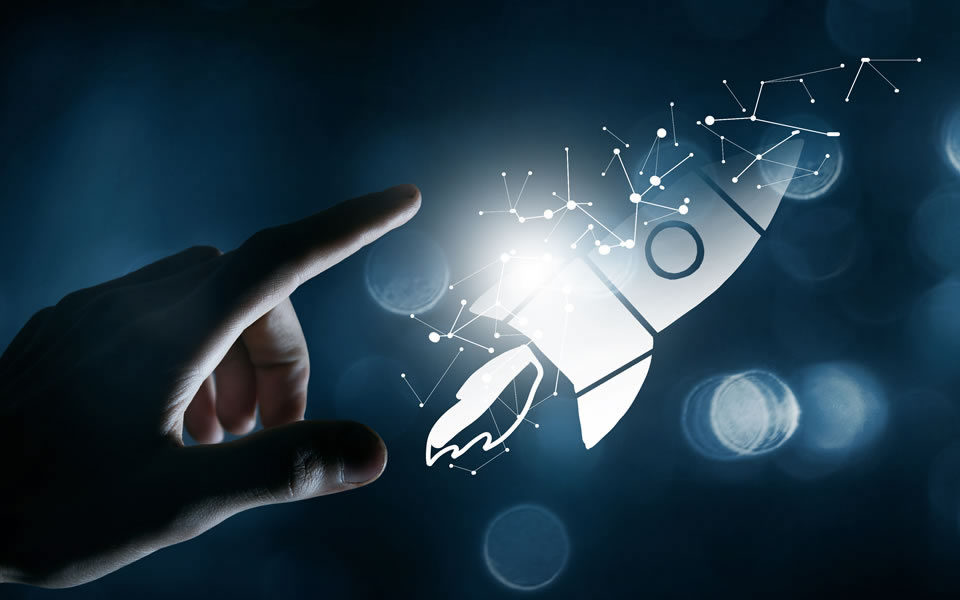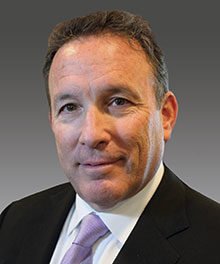The Tesla Economy

Elon Musk is now purportedly the world’s richest person. Tesla achieved a market value of more than $1 trillion earlier this week, after Hertz placed an order for more than 100,000 of its electric vehicles. A valuation I still don’t understand (never did and never owned the stock) all the way up to $1 trillion. What do I know? The deal looks like a win for both companies. It will help Hertz reposition itself for the future as the rental car giant builds out what it says will be the largest electric vehicle fleet in North America—fulfilling what was surely a vision once only dancing in Musk’s head.
This deal is a good reminder of the changing of the guard that’s going on right now in many industries—a trend that’s only going to accelerate. The business models that once worked in the auto and rental car industries may be on their way out, but old school companies that partner with promising upstarts have many opportunities to reinvent themselves.
Hertz isn’t the only one that’s doing this. After more than 50 years in business, Mastercard just announced it acquired a crypto startup and is going to introduce debit and credit cards allowing customers to use crypto currency. Mastercard execs may not be ready to pay their own bills in Bitcoin, Dogecoin or Ethereum, but they’re recognizing that there’s a generation of customers who grew up with these alternatives to cash and are plenty comfortable using them.
Meanwhile, Fortune magazine, an icon of the print media era, recently minted 256 limited edition NFTs (non-fungible tokens) of animated art designed by pplpleasr, an influencer in the crypto world who designed a recent cover of the magazine. I’ve got to give their team credit for trying a brand-new approach to bringing in revenue in an industry where that’s notoriously hard. And for being daring (smart?) enough to leverage the strategy in both legacy and digital formats.
It’s not just the world’s most famous brands that are jumping on this trend. A good number of the middle-market companies we serve are family businesses in old-line industries such as construction, food & beverage, manufacturing and distribution. Many leaders have given a lot of thought to their business strategies during the pandemic and are realizing that the path forward will be paved by new technologies, whether that means robotics and Internet of Things technologies, contactless delivery and pickup systems for retailers, or enterprise resource planning (ERP) systems.
Where this all will lead is anyone’s guess. There could be some strange bedfellows as companies with aging business models team up with the latest fresh faces on the tech scene. Ultimately, I think it will lead to a lot of innovation.
Forbes calculated Musk would owe nearly $30 billion in additional taxes over two years if President Biden’s “billionaire’s tax” passes. I guess being the world’s richest man comes with its downsides, although with a reported net worth of $300 billion, I’m not sure what he will need to duty back on if he only has $270B left.
Sunday is Halloween, what are you dressing up as?
